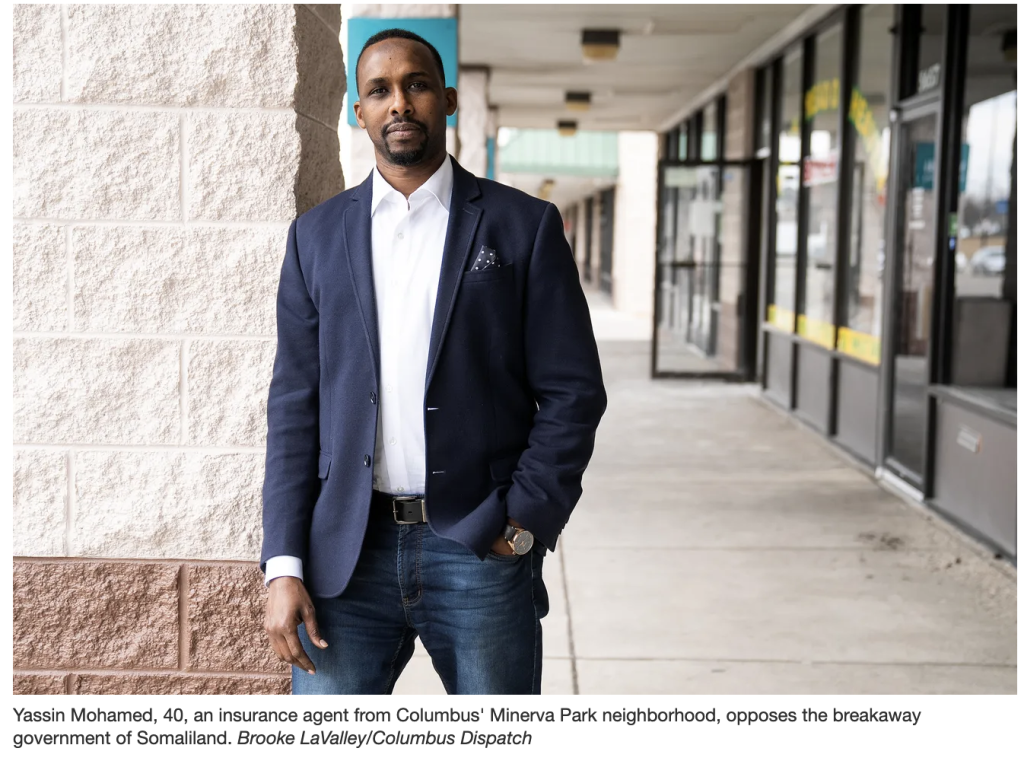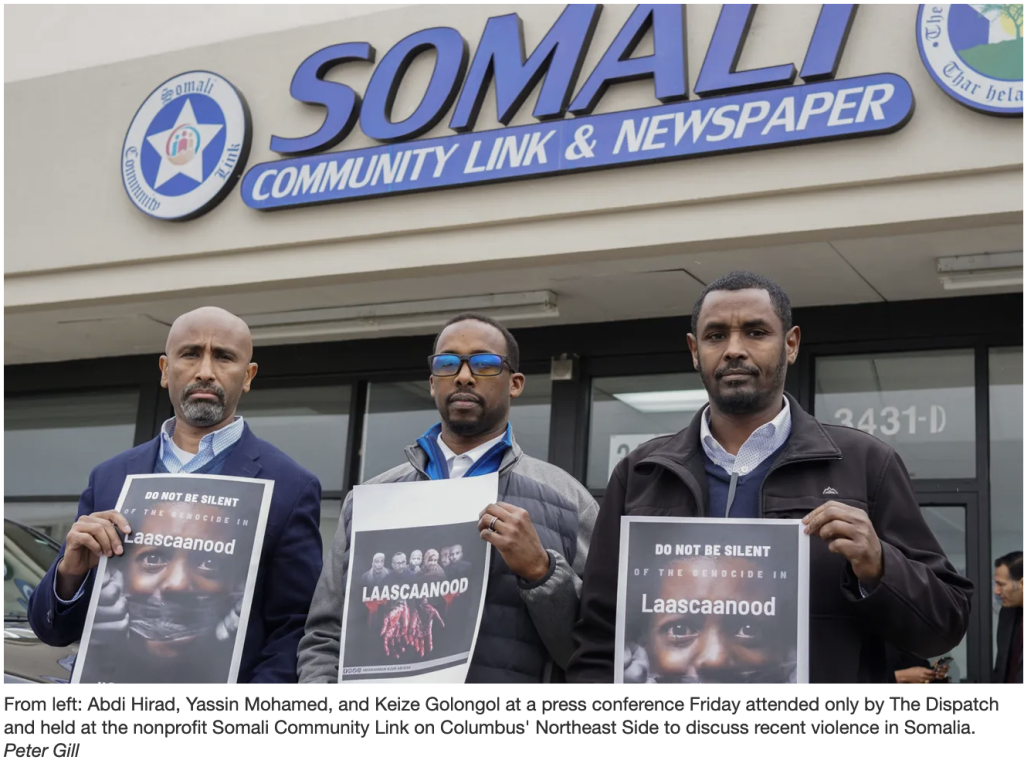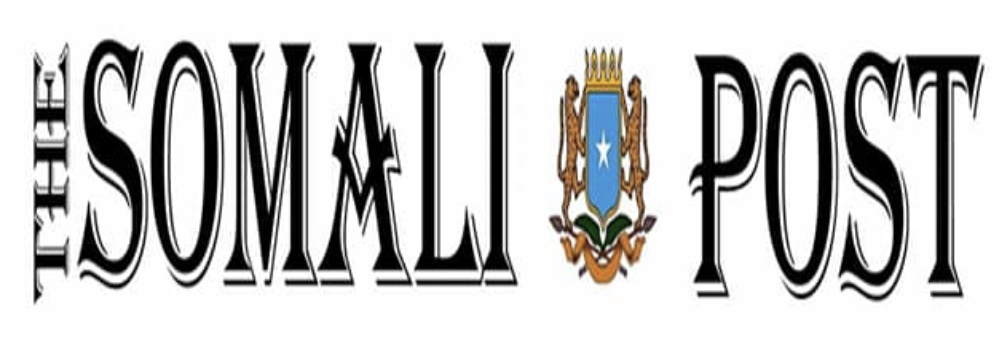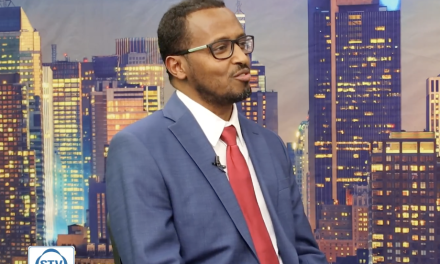
Thirteen-year-old Ugbad Khalif was visiting her grandmother in Somalia last month when violence erupted on the streets of the town where she was staying.
For almost two weeks, her mother on Columbus’ Northeast Side heard nothing while international news agencies reported that a least 20 people were killed after the government of the breakaway region of Somaliland cracked down on protesters.
Through a translator, Fadumo Khalif, 37, told The Dispatch she was relieved to finally learn that her daughter was safe after regaining communication with her this past weekend. She is arranging for Ugbad’s quick return home from the town of Lasanod, which Somaliland forces withdrew from Jan. 5.
The recent unrest has highlighted the close ties between Columbus’ Somali American community as well as the differences in opinion about Somaliland, a northwestern region of Somalia which declared independence from the rest of the country in 1991 but remains unrecognized by any foreign country.
Greater Columbus’ Somali community numbers around 45,000 to 50,000 people, many of whom were driven from their homes by decades of civil war and political instability since the 1990s, according to the nonprofit Somali Community Association of Ohio. It is the second-largest Somali community in the U.S. after Minneapolis-St. Paul.
Many Somali Americans maintain connections to Somalia, which has benefited significantly from funds sent home by the diaspora. Somalis abroad sent around $1.7 billion to Somalia in 2021, of which approximately $210 million came from the United States, according to the World Bank.
Kawther Musa, a Somali American and a member of Columbus’ Northeast Commission, estimated that more than 15,000 Somalis in central Ohio, including herself, come from northern and northwestern parts of Somalia, including areas under the control of the Somaliland government.
In Columbus, some characterize Somaliland as a beacon of hope and functioning democracy in the Horn of Africa, while others, like Musa, say the recent violence is an indicator of the breakaway state’s repressive nature.
“Casualties and suffering should be avoided at all costs,” she said.
Musa was part of a local Somali American group that held a press conference on Friday attended only by The Dispatch. The dozen people there called on the international community to ensure humanitarian assistance to Lasanod and cease aid to the Somaliland government.
“All of us here are U.S. citizens, and we are very concerned about the situation, and we want the U.S. to put pressure on this rogue, secessionist regime,” Yassin Mohamed, 40, an insurance agent from Columbus’ Minerva Park neighborhood, said of Somaliland’s leadership. Mohamed immigrated to the U.S. from Lasanod.

Abdi Hirad, 57, a Somali American economist from Washington, D.C., whose parents live on Columbus’ Northeast Side, urged the U.S. during the press conference to discontinue aid to the Somaliland government. Instead, he said aid should be provided through independent city administrations in the area.
Others are more supportive of the breakaway region. Ali-Guban Mohamed, 58, of Lewis Center, founded a grassroots group called American Friends of Somaliland Republic.
“Somaliland wants to become recognized because it’s a democratic state, it’s held many elections. While Somalia — nothing. Chaos, lawlessness, and terrorism,” he said.
Abdiwali Ahmed, 35, a home healthcare nurse on Columbus’ Northeast Side who immigrated from Somaliland in 2005, said he continues to visit regularly and is proud of Somaliland’s democracy.

